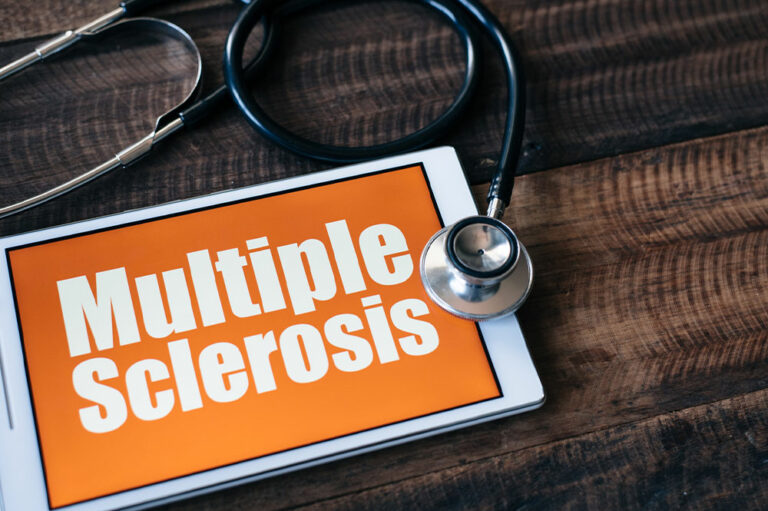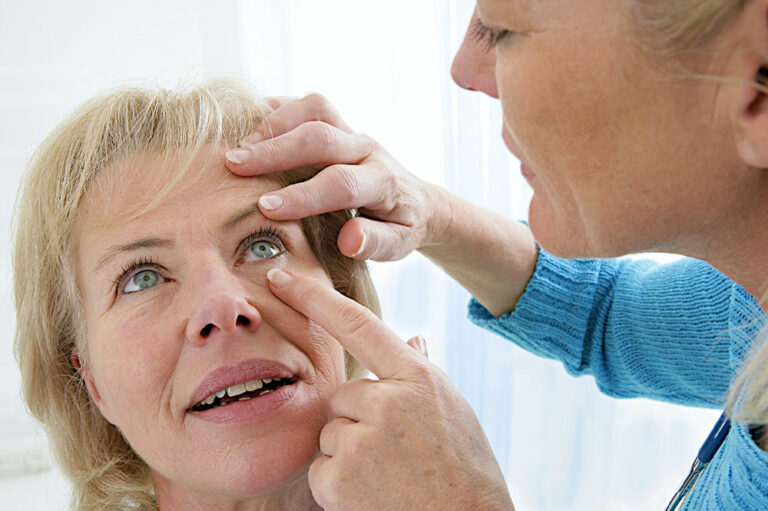
6 Silent Signs of Thyroid Cancer
The thyroid is an essential part of the endocrine system responsible for hormone secretion. Thyroid cancer is a disorder that affects the thyroid gland and is frequently challenging to identify in its early stages due to the absence of obvious symptoms. Consequently, recognizing early thyroid cancer warning signals is essential for early detection and effective treatment. Thyroid cancer is one of the fastest-growing cancers among women today. This article covers 6 early warning signs of thyroid cancer. What is thyroid cancer? Thyroid cancer occurs when there is an uncontrolled growth of abnormal cells in the thyroid gland, a small butterfly-shaped gland located in the neck. The thyroid gland produces hormones called thyroxine and parathyroid that regulate the body’s metabolism. Additionally, it regulates the amount of calcium in the body. In thyroid cancer, abnormal cells can form a lump or tumor in the thyroid gland. Some types of thyroid cancer grow very slowly and may not cause any symptoms for a long time, while others may grow more quickly and spread to other body parts. Treatment for thyroid cancer may involve surgery to remove the thyroid gland, as well as radiation therapy, chemotherapy, or targeted therapy, depending on the type and stage of cancer.
Read More 











